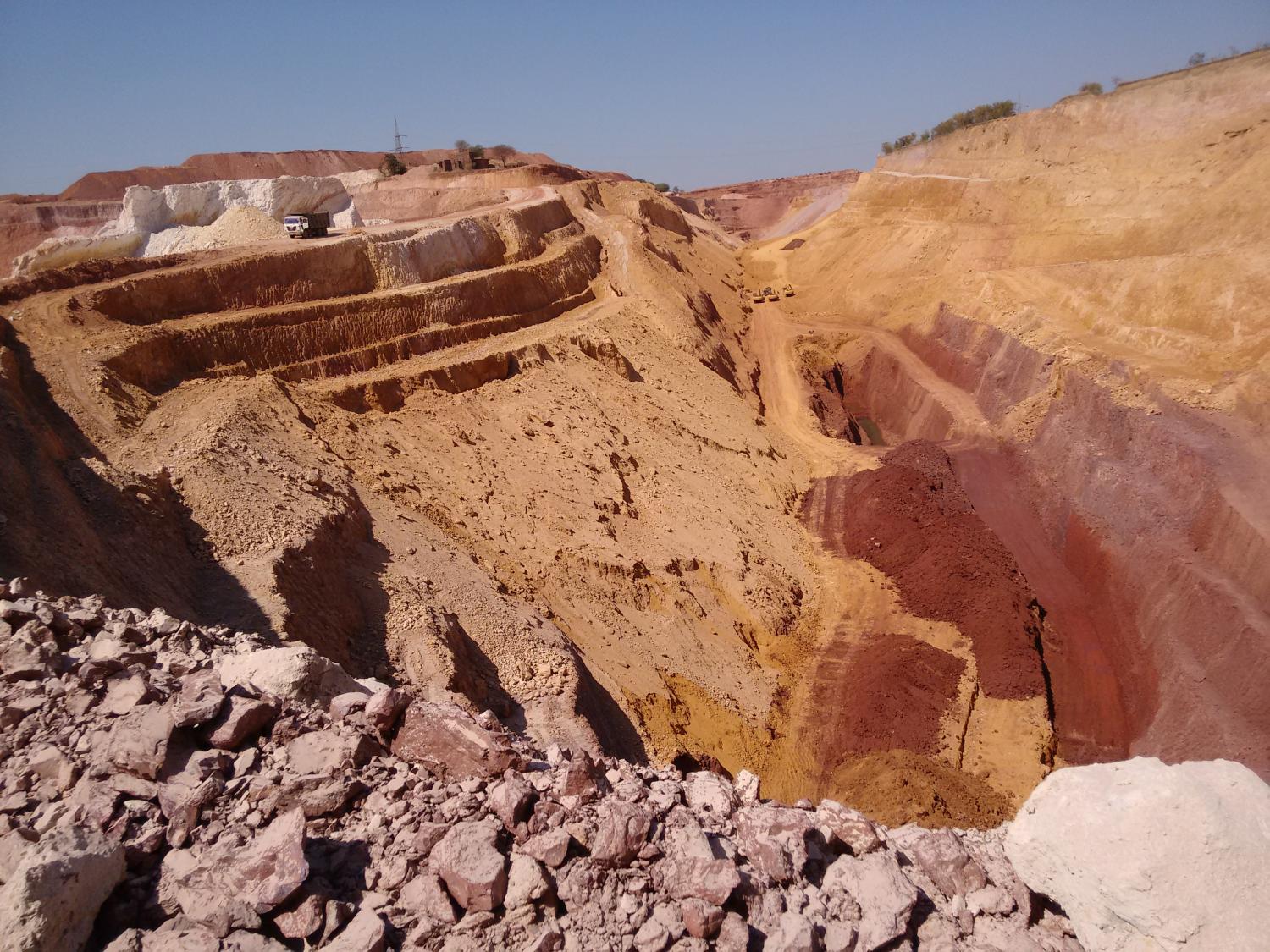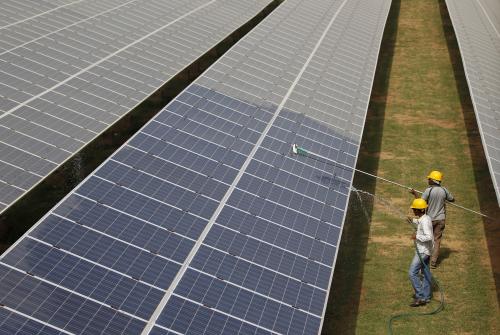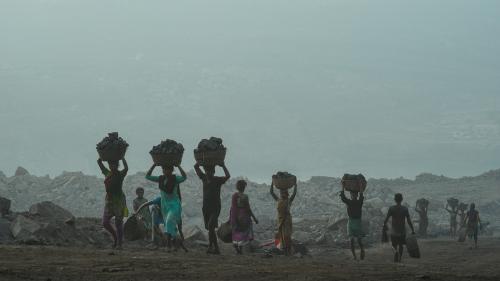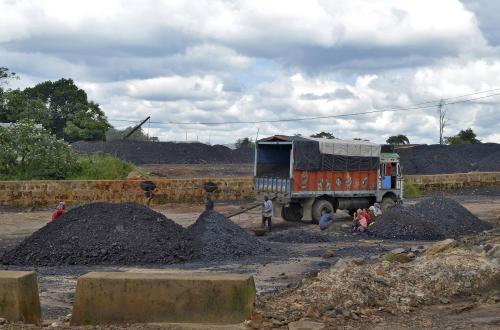Content from the Brookings Institution India Center is now archived. After seven years of an impactful partnership, as of September 11, 2020, Brookings India is now the Centre for Social and Economic Progress, an independent public policy institution based in India.
Over the past decade, India’s mining sector, including the non-fuel mineral sector, has been marred by countless controversies. From violation and poor implementation of regulatory requirements pertaining to environmental protection and community rights, to over-extraction and illegal sale of ores, issues have brought the sector into the limelight of policy debate.
The matters have also necessitated intervention of the judiciary, particularly the Supreme Court of India, directing mining companies to set the course right. Besides imposition of compensation charges on mining companies or suspension of mining and related activities, the decisions of the judiciary have also prompted some major policy reforms such as amendment of the Mines and Minerals (Development and Regulation) Act in 2015, successive amendments to Environmental Impact Assessment Notification under the Environment (Protection) Act (1986) and formulation of a new National Mineral Policy in 2019.
This paper analyses some of the flagship judgements and directions pronounced by the Supreme Court of India with respect to non-fuel minerals over the past decade, particularly concerning environmental and community issues as these are key factors concerning the sustainability of the mining sector. The paper also highlights some of the major policy developments that followed the court’s observations and directions. Finally, the paper discusses what the non-fuel mining sector must consider to adhere to the principles of sustainable development and natural justice, as it remains a critical sector in the country’s economic fabric.





